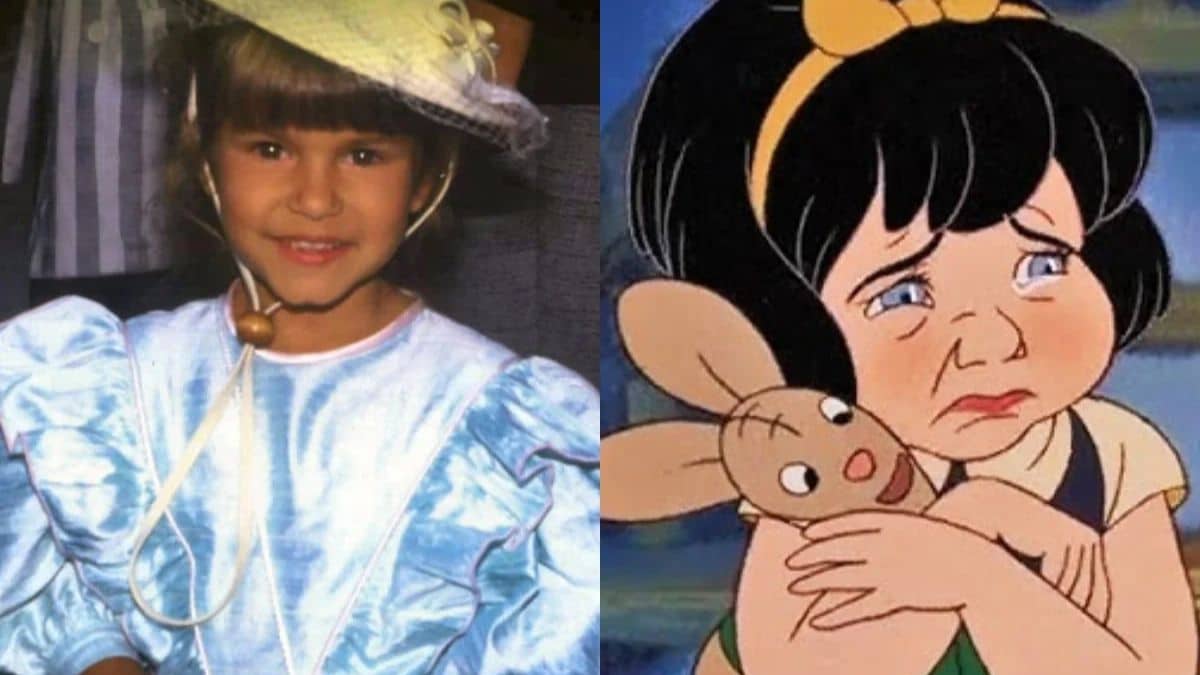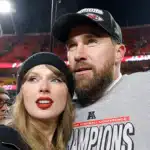Judith Barsi story still breaks hearts more than 30 years later. At just 10 years old, she had already charmed audiences as the voice of Ducky in The Land Before Time and little Anne-Marie in All Dogs Go to Heaven.
She was the kind of kid you saw on screen and thought, “Wow, she’s going to be a star.” But Judith’s on-screen glow hid a life full of shadows, and those shadows closed in on her far too soon.
On July 27, 1988, the unthinkable happened. In a quiet West Hills, California, neighborhood, Judith and her mother, Maria, were murdered by Judith’s father, József Barsi.
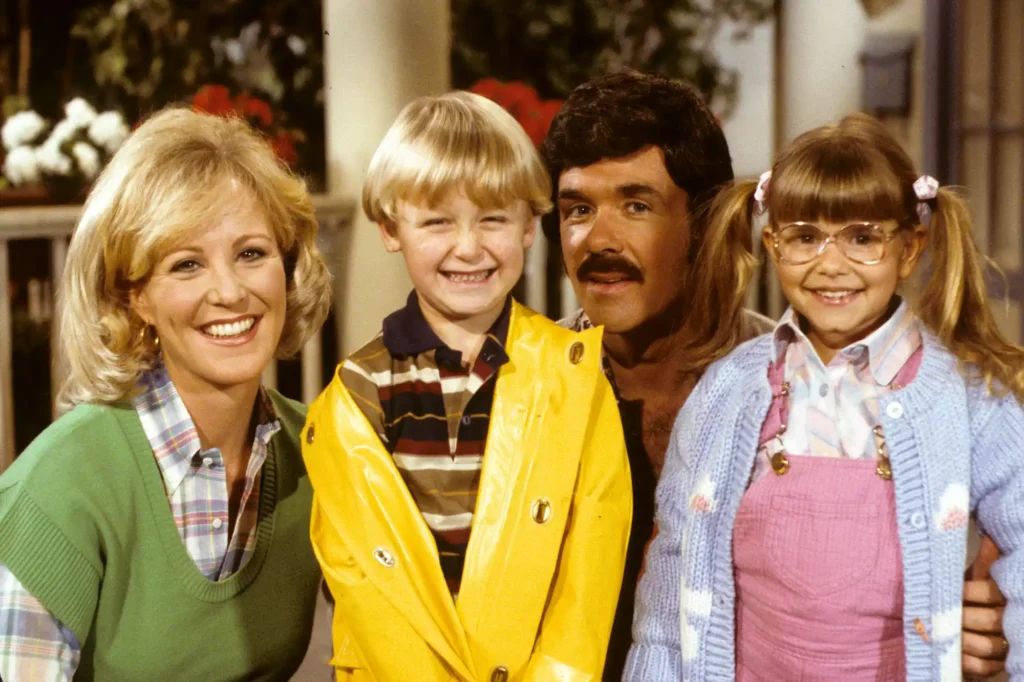
Authorities later learned that József—who had a documented history of violence—first shot Maria, then Judith Barsi, then poured gasoline and lit a fire before taking his own life in the garage. Judith’s short life, which had shimmered with promise, was extinguished in a blast of gunfire and flames.
What life had Judith lived before that awful night? Why were her cries unheard? Here’s the full story of her tragic end.
Who was Judith Barsi?
Judith Eva Barsi was born on June 6, 1978, in Los Angeles. She was a bright and lively child who started acting at age 3, landing a part in the TV drama Fatal Vision. Judith quickly became one of Hollywood’s most in-demand young actresses.
Find Related Stories: Actor Terence Stamp, Star of ‘Billy Budd’ and ‘Superman,’ Dies at 87
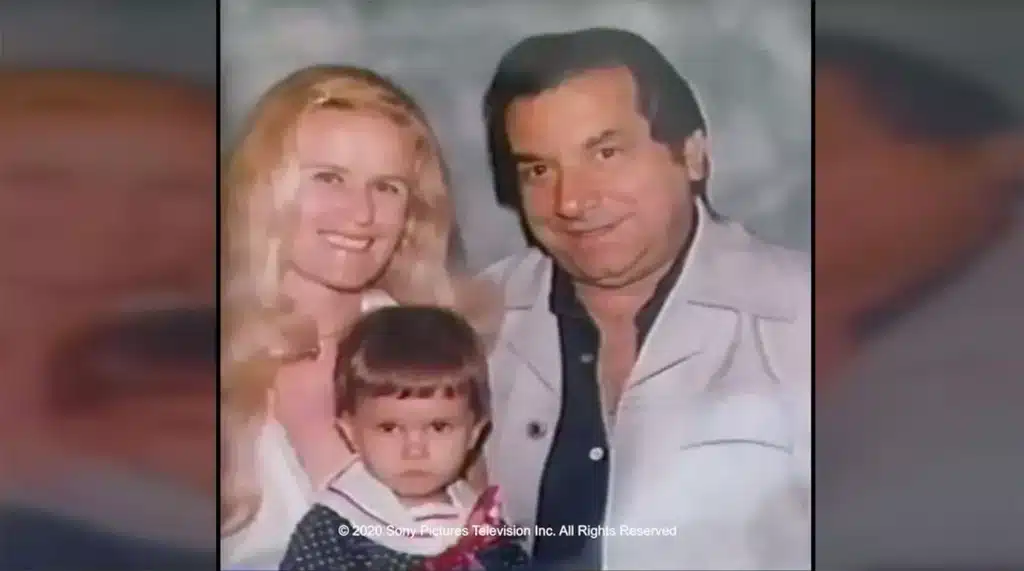
Her first big movie role was in 1987, when she was chosen to play Thea Brody in Jaws: The Revenge. A year later, she voiced the young dinosaur Ducky in The Land Before Time. According to Wikipedia, Her final performance was the voice of the little girl Anne-Marie in All Dogs Go to Heaven.
Along with these films, Judith shot more than 50 commercials and guest-starred on a number of TV series, according to the Los Angeles Times. “She was on top of the world, and the future was hers for the taking,” Bonnie Gold, Judith Barsi agent, told the L.A. Times way back in 1988. “We can only imagine how high she could have flown.”
Was Judith Barsi abused?
But for Judith Barsi, the bright lights of Hollywood hid dark shadows. Her dad, József, struggled with booze and rage. Friends of the family said he ruled the house with fear, and his violent outbursts left everyone on edge. The worst came right before Judith was set to shoot Jaws:
The Revenge in the Bahamas. József grabbed a knife, pressed it against her throat, and said he’d end her life if she didn’t come straight back home. “I’ll slit your throat if you don’t come back,” he told a relative, the Los Angeles Times reports.
After Judith Barsi music career took off, her father’s jealousy turned ugly. József’s drinking grew heavier, and Judith’s fear became harder to hide. “I’m scared to go home,” Judith told a family friend a few months before her murder. “Dad is drunk, Dad is miserable, and he wants to kill Mom.”
Maria, Judith’s mother, told family and friends that József was slipping away, but when she turned to the system, no one listened. In December 1986 Maria called the Los Angeles County Department of Children’s Services.
Officers came, saw no bruises, filed the complaint away, and Maria chose not to push charges. Judith was showing signs of damage: she pulled out her own eyelashes and could not stop shaking. Still, no one intervened.
Later, neighbors and friends learned Maria had already put a deposit on an apartment in Panorama City. She stacked boxes in her car, wrote a goodbye note, but never turned the key. Fear and doubt kept her silent.
“The woman had moved herself, found an apartment, but she still hadn’t moved that little girl,” Los Angeles detective Sandra Palmer said twenty years after the killings. “Was there anything the law could do to make her take that last step?”
What unfolded on the day Judith Barsi died
According to People, On the morning of July 27, 1988, after years of threats, József did the unthinkable. He shot Maria in the hallway and then Judith Barsi in her pink bedroom. He poured gasoline over the bodies, over the apartment, then set the fire and locked himself in the garage.
Firefighters found Maria and Judith after they put out the flames. Judith Barsi little body lay beside the pink television József had bought her a few weeks earlier, a gift meant to erase the pain of earlier beatings, the Los Angeles Times reported.
“I heard a boom, and then I watched smoke curl up from the Barsi house,” said Eunice Daly, the neighbor on the left, when she spoke to the Los Angeles Times. “Straight away, before I even dialed 911, I thought, ‘He’s kept his word. He’s killed them and lit the house on fire, just like he said he would.’’’
What was Judith Barsi last movie?
Judith’s final movie was All Dogs Go to Heaven, in which she voiced Anne-Marie, a little girl who can talk to animals. The film came out after her death. In a TikTok that blew up in June 2024, a user connected the final scene to Judith’s tragic life. The user said Burt Reynolds, who voiced Charlie the dog, never recorded his final line with Judith while he was in a good mood.
@ghostfacepanda333 #alldogsgotoheaven #judithbarsi #burtreynolds #heartbreaking #80smovies #movietok #foryou ♬ Last Hope (Over Slowed + Reverb) – Steve Ralph
The scene shows Charlie saying goodbye to Anne-Marie, and the TikTok claimed it was Reynolds’s own goodbye. “Burt wanted a locked studio, just him and the audio guy,” the TikToker said. “They lost count of how many times he tried the line without sobbing.”
He remarked that the moment on screen “wasn’t just Charlie leaving Anne Marie; it was Burt Reynolds saying farewell to Judith Barsi.” Still, Reynolds never spoke publicly about filming those farewell scenes.
Judith Barsi and her mother’s murders rippled shock and grief through everyone who knew them and across the wider community. Warning signs had stacked up—multiple reports of neglect and bruises—but the system couldn’t step in because the evidence didn’t add up fast enough.
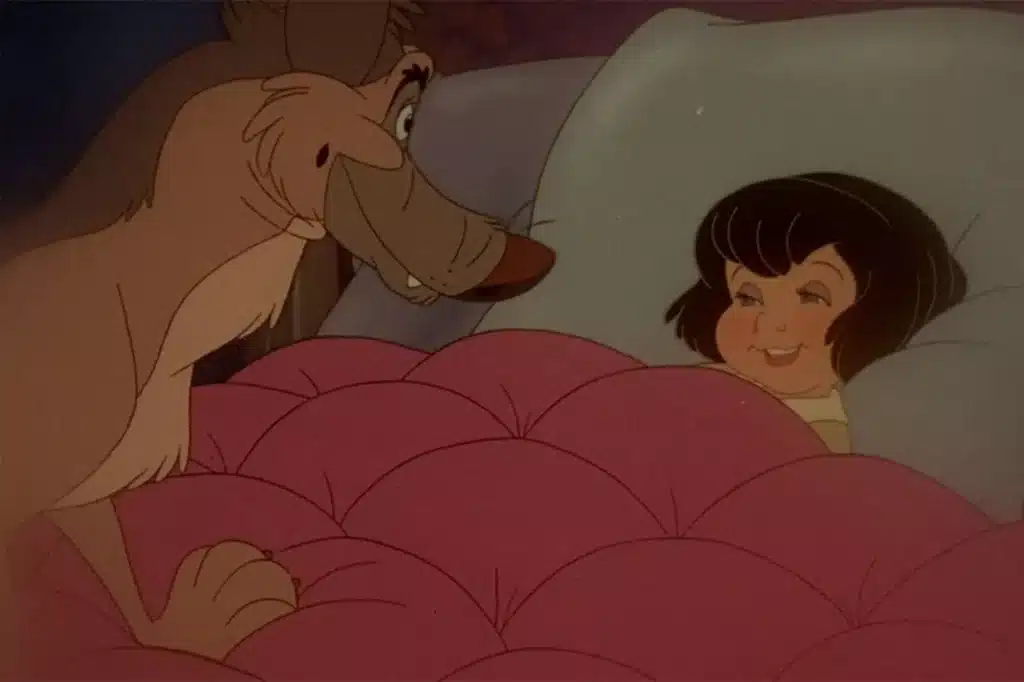
“This is part of the whole problem: It’s easy to focus on physical abuse because we can see it,” Helen A. Kleinberg, who served on the watchdog Commission for Children’s Services, told the Los Angeles Times in September 1988.
The tragedy ignited protests and heartfelt pleas for change, demanding that social workers and police be trained to recognize and respond to emotional and psychological abuse, the kind that leaves scars long after the bruises have faded.
“How do we protect someone from threats? Honestly, we can’t,” Palmer told the Los Angeles Times. “I can say, ‘I’m going to kill you.’ That’s my free-speech right. But I can’t actually do it.” In September 1988, Robert L. Chaffee, the Department of Children’s Services Director, told the Board of Supervisors that his staff would start more training on how domestic violence can harm kids.
He explained that workers would now make sure to tell anyone who legally reports abuse—like a therapist—when that abuse case is closed. That way, a therapist who helped Judith, for example, would learn when her case was finally shut.

